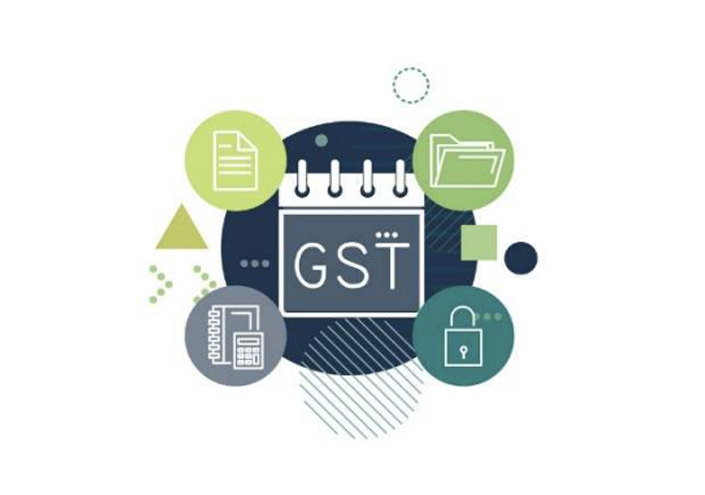Under either scenario, actions will be required in relation to both GST and ABN registrations and a tax election considered in relation to trading stock.
Where an LPR decides to continue to carry on a business within the estate, they must apply for a separate ABN and if necessary, GST registration. It would also be necessary to consider both PAYG and superannuation registrations if the business employed staff.
These registrations are required as essentially the estate is a separate legal entity. Interestingly, 27-40 of the A New Tax System (Goods and Services Tax) Act 1999 (GST Act) deems that the tax period of an individual who dies is taken to have ceased at the end of the day prior to their actual date of death.
Both section 138-17 of the GST Act and section 70- 105(3) of the ITAA 1997 provide rollover relief from deemed taxation events relating to both GST and stock on hand when an LPR continues to conduct the business within the estate.
It is important to note that an election should also be considered in the date of death tax return for stock to be transferred at cost, and not market value. Whilst easy to overlook, this will influence where the profit from this stock on hand is to be taxed and could accordingly result in very significant differences in the amount of income tax to be paid.
Where however the LPR decides not to continue to operate the business and the deceased was registered for GST, section 138-5 of the GST Act requires that an increasing adjustment is included within the final Business Activity Statement in relation to assets where the deceased previously had an entitlement to input tax credits. In essence, this means that 1/11th of the market value of any business assets that are subject to GST would need to be declared and remitted in the final BAS prepared by the executor. This is despite the fact that the assets may not have been physically sold.
Similarly, sub section 70-105(2) of the ITAA 1997 triggers a deemed disposal of trading stock for market value which is to be included in the deceased’s final date of death income tax return.
It is worth also noting, that the ownership and leasing of commercial premises is considered as conducting a business, and that where annual rental is in excess of $75,000 pa, there is an obligation to register and remit GST on commercial rental.
Feel free to contact our team should you want to discuss this topic further and potentially have clients who may be in this situation.
This publication is not intended to be and should not be used as a substitute for taking taxation advice in any specific situation. The information in this publication may be subject to change as taxation, superannuation and related laws and practices alter frequently and without warning. Neither BNR Partners Pty Ltd, our employees or agents are responsible for any errors or omissions or any actions taken or not taken on the basis of this publication.


